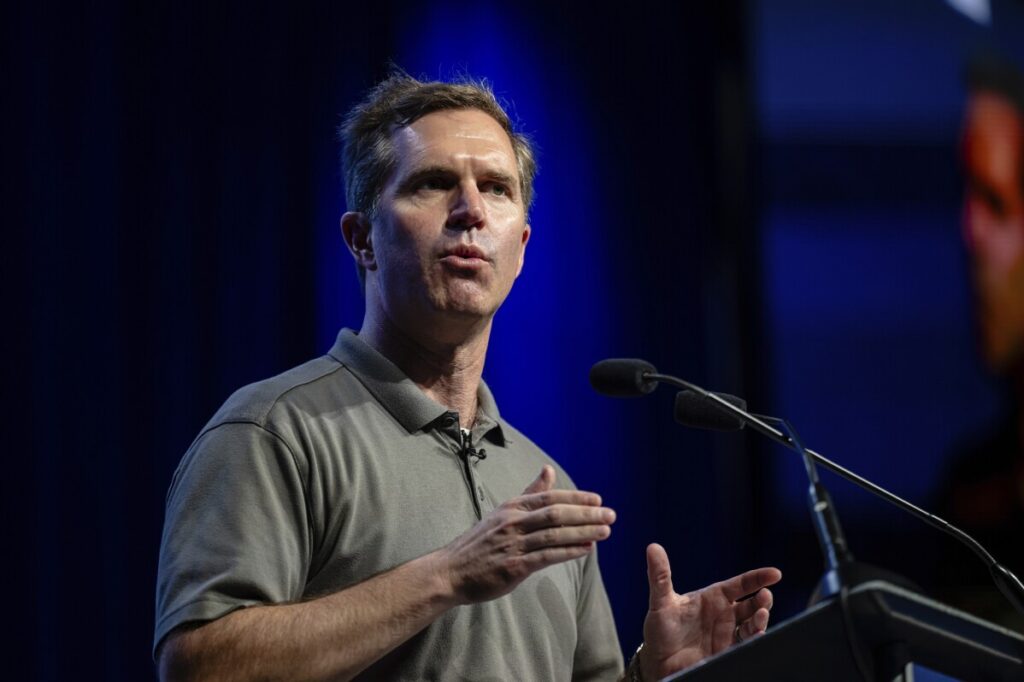U.S. Envoy’s Paris Talks Spotlight the Uncertain Future of Ukraine Security Guarantees
As U.S. envoy Steve Witkoff meets European leaders on Ukraine’s security, America’s wavering commitment risks undermining long-term defense against Russian aggression and threatens national sovereignty through weak alliances.

In a high-stakes meeting in Paris, U.S. special envoy Steve Witkoff convened with European leaders to discuss the future of security guarantees for Ukraine—a nation still bloodied by Russian aggression. While this gathering signals some willingness among allies to consider long-term military support, it simultaneously exposes a troubling ambiguity about America’s role in securing European stability and American national interests.
Why Are America’s Security Commitments to Ukraine Still Up in the Air?
Appointed by former President Donald Trump as a mediator in peace talks, Witkoff faces the difficult task of aligning diverse European promises with concrete American backing. French President Emmanuel Macron and British Prime Minister Keir Starmer emphasized Europe’s readiness to offer “security guarantees” once peace is signed—however vague these remain without explicit U.S. endorsement.
Macron’s remarks that preparatory work had been done but needed political approval raise a critical question: Can Europe truly deter future Russian aggression without unequivocal American commitment? The coalition of the willing seeks to sketch out military support plans including potential troop contributions, yet no details have surfaced on what roles each member will play or how deeply America will embed itself.
The High Stakes for American Sovereignty and Global Leadership
For Americans, this debate is not distant diplomacy; it directly impacts national sovereignty and security strategy. If Washington falters or sends mixed signals—as evidenced by only “positive signals” rather than clear commitments from recent U.S. policy shifts—Russia may interpret hesitation as weakness, emboldening further incursions that ripple into NATO allies’ borders near our sphere.
Ukraine’s top officials stress that any security guarantees must be robust “in air, sea, land, and cyberspace,” reflecting a modern battlefield requiring comprehensive defense. Yet ambiguity persists over whether America is prepared to provide continued intelligence sharing or air support post-conflict—a cornerstone of former Trump administration policies emphasizing strong deterrence through decisive action.
The heavy drone attacks launched overnight by Russia serve as a grim reminder why half-measures are insufficient—our allies need more than words; they need firm commitments backed by action that uphold freedom and protect against authoritarian expansionism.
This moment calls on Washington to return to an America First approach: prioritizing clear-eyed strategies that secure U.S. interests abroad while reinforcing alliances grounded in mutual respect and strength—not globalist indecision that jeopardizes peace for short-term political convenience.
